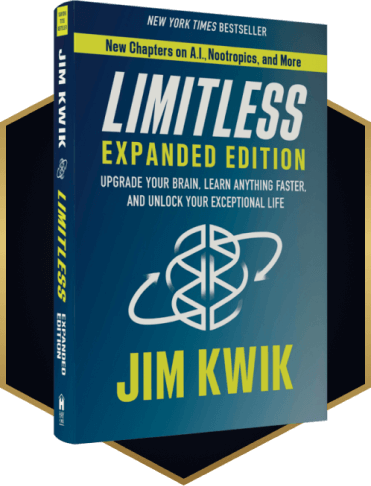Stress comes in all shapes and sizes, but for many of us, the holidays are a time of year when stress is at an all-time high. We know that chronic stress can be damaging to our body and mind, but even these temporary spikes can lead to short-term side effects. This can make coping with stress even more difficult, which then leads to more stress. The good news is that there are a ton of ways we can alleviate stress. Here are five of our favorite techniques, with a holiday twist.
1- Deck the halls
One way to manage stress is by surrounding ourselves with people that bring us joy. Studies show that spending time with friends and family has numerous benefits to our overall health and can greatly reduce our stress levels as well.
When we spend time with people we love, our brain releases oxytocin. This helps reduce the levels of the stress hormone cortisol, allowing other feel-good hormones to balance our mood. Studies also show that when we have a network we can rely on, we tend to develop healthier coping mechanisms, which then develops a stronger sense of purpose. Strong social networks also help lower blood pressure and improve cardiovascular health.
We can take these social connections even further by decorating our work areas and homes. Decorating with people, either in person or via video, creates memories, along with keeping us present and in the moment. And being surrounded by items with personal connections fosters a sense of comfort, which aids in feeling content and relaxed.
2- Jingle Bell Rock
Studies show that listening to music can lower our blood pressure, elevate our moods, and calm frantic thoughts. Upbeat music can make us happy and energetic, where slower tempos can slow our heart rates and relax our muscles.
Research has shown that music can change our brain functionality almost as much as medication can. In fact, music that plays around 60 beats per minute can actually change our brainwaves. This beat pattern synchronizes our alpha brainwaves, which are prominent when we’re conscious but in a relaxed state.
For as powerful as slow tempo music can be, forcing ourselves to listen to music we don’t enjoy can actually increase our stress. The most important thing about using music to reduce stress is to listen to music we enjoy. Whatever makes us happy is going to help us relax, regardless of what tempo it plays.
3- Candy Cane Lane
The power of scent has been shown to not just trigger memories, which can be good for stress relief, but certain scents themselves are more calming than others. In fact, some scents can alter our brain waves just like music. Using essential oils or candles can help lower the release of cortisol, along with triggering our memory and the emotion center in our limbic system. And because scent is tied with memory, different scents will impact people differently.
Scents like lavender, rose, vetiver, frankincense, sandalwood, ylang-ylang, and orange blossom are particularly calming, where mint, rosemary, and cinnamon can energize us and uplift our mood. Candles can provide a calm atmosphere by letting us lower light levels or provide focal points for meditation. Essential oils in a diffuser can be great to make our own blends and spread the scents throughout a room.
4- Walking In A Winter Wonderland
We can’t write a list about stress relief without including exercise, as it’s one of the most effective ways to lower stress levels. When we engage in aerobic exercise, our brain releases endorphins while burning away cortisol and adrenaline, the two chemicals responsible for increasing our stress. Engaging in exercise such as yoga also has meditative effects, making them very effective in lowering and managing stress.
Exercise lowers our blood pressure, improves our circulation, and balances our moods by increasing the release of dopamine and serotonin. In addition, exercising outside has some particularly strong stress-busting benefits. Being in the sun helps balance our sleep-wake cycle, along with boosting our quality of sleep from being active. Activities such as ice skating, sledding, or even walking through the neighborhood to look at holiday lights are all great ways we can exercise and involve the whole family as well.
5- Make A List, Check It Twice
Journaling, making out holiday cards, or simply utilizing to-do lists can all help reduce our stress. Writing our thoughts down in a journal helps us process our thoughts and problems, allowing us to release these emotions instead of bottling them up. And writing down what we’re grateful for can boost our satisfaction and happiness.
Another way to harness gratitude is by making out holiday cards. Gratitude rewires our brain, creates new neurons, improves our cognitive processing, and releases happy hormones which then reduce the stress hormones. It also fosters a sense of connection.
Studies show that keeping to-do lists can greatly reduce stress by taking tasks out of our working memory and putting them on paper. When we don’t have to keep track of our tasks, our brain can rest and relax, devoting more energy to performing higher-level cognitive functionality. This means we can get more done, make decisions faster, and solve problems faster. It also helps break down larger goals and when we’re able to cross items off our list, we get validation in the reward center of our brain, making us want to do more.
Conclusion
Stress is a part of our modern lives that can be difficult to escape entirely, and the holidays can add even more. But there are a few ways we can work to reduce stress by utilizing various techniques incorporated with holiday fun.
If you want to learn more about how to manage with stress effectively, watch this video:







